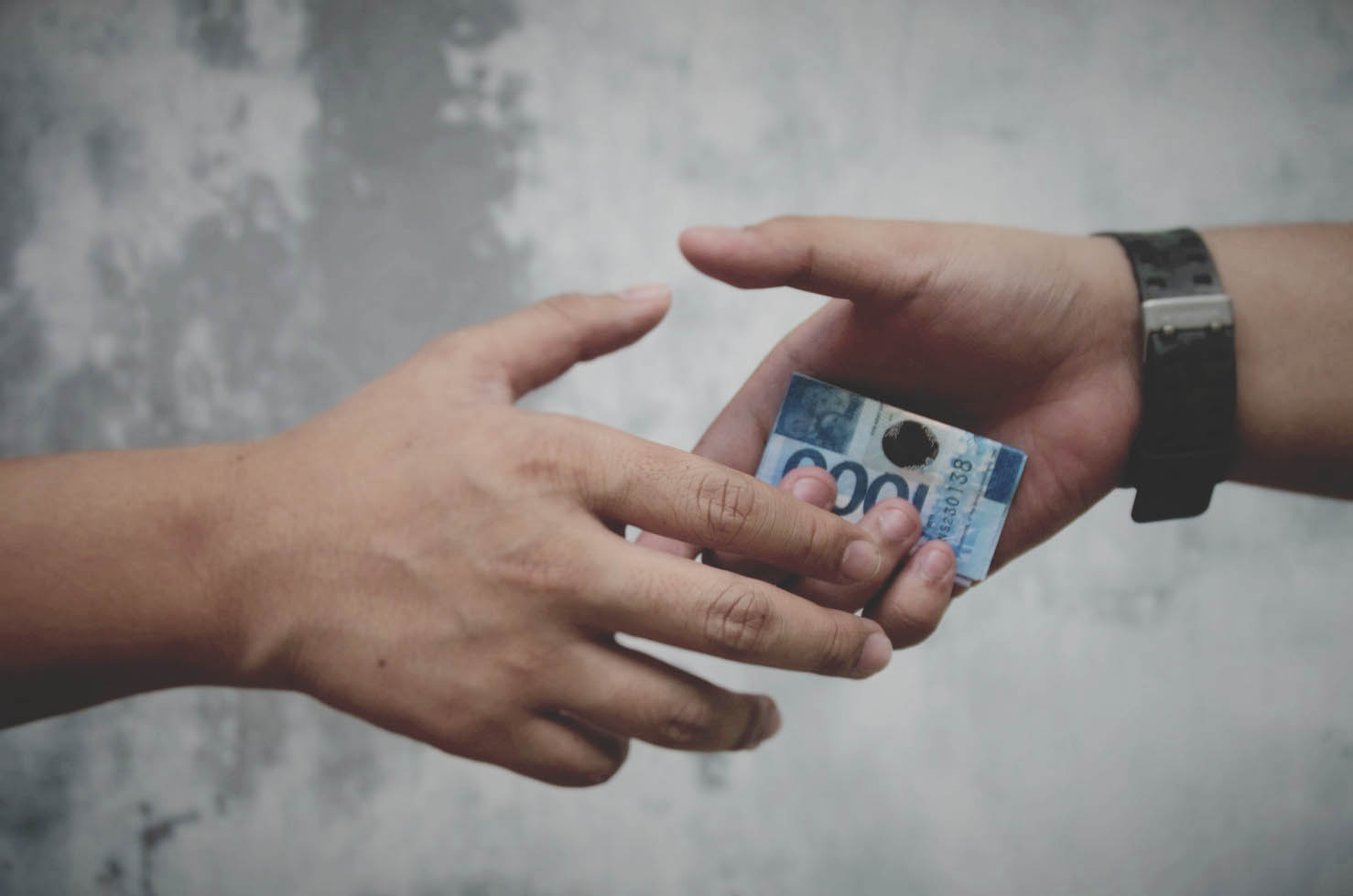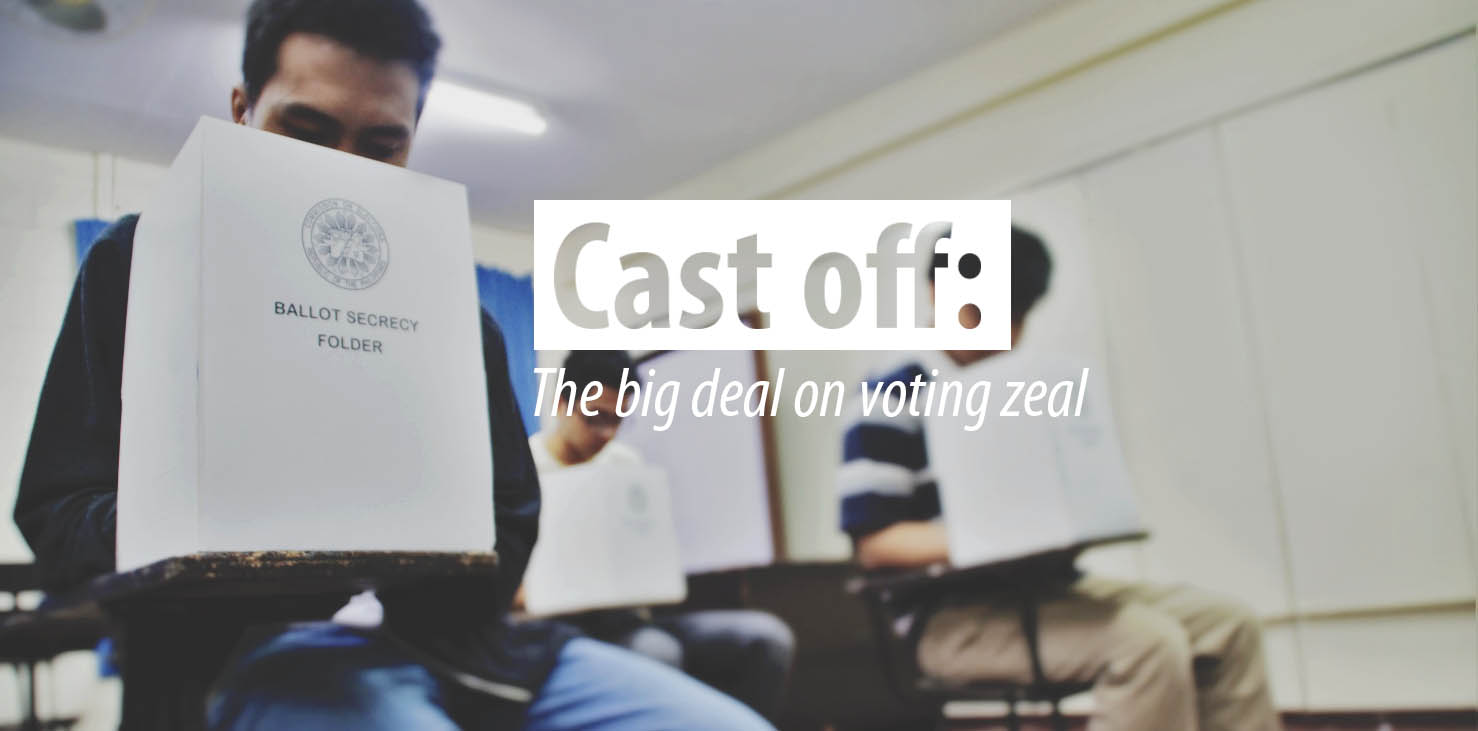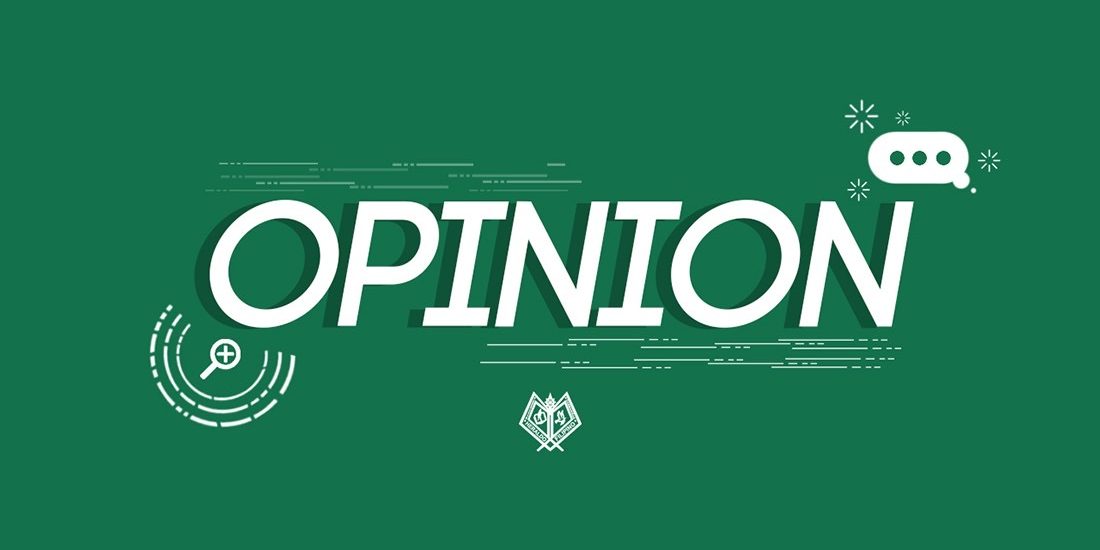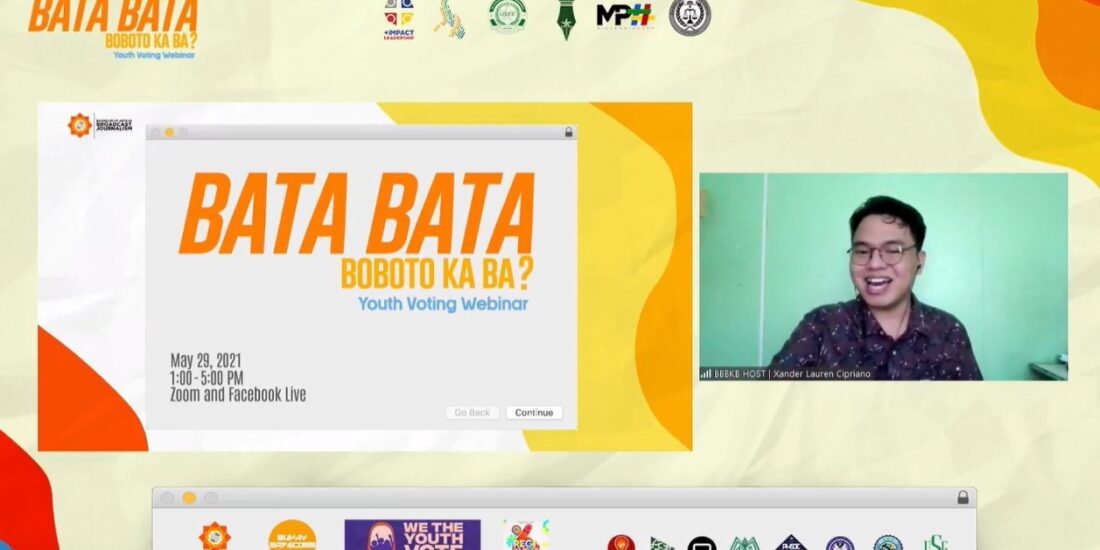Cast off: The big deal on voting zeal
The clock is ticking—political campaigns cry out everywhere like wild missiles and the election period is about to drop its bomb. As the count of registered voters increases this season, we ought to know better than to fall head over heels for the obvious decoys—or even under the ploy of our own apathy. Just before you place your bets on election candidates, allow us to empower you to change the country’s course as a voter and prepare yourself as we debunk some misconceptions.

A crucial role
Some may treat voting as shading vague choices in a usual multiple choice exam or think it’s a mandatory obligation in return for a registered identification card. These perceptions mostly sound prejudiced and even twisted like a good opportunity taken for granted, as there are more advantages to voting than we think of.
Amid the chaos brought by social discrimination in our country and maybe around the globe, voting is the equalizer. Through this modest manner, people belonging to the spectrums of “rich” and “poor” can equally speak out their opinions through their solitary votes, according to professor Edwin F. Lineses of the Social Sciences Department, De La Salle University-Dasmariñas.
“When one votes, one exercises his obligation as well in nation building,” adds professor Lineses. Considering the prominent and ever-sweltering allegations about vote-buying and the Filipino’s lack of research on the backgrounds of the running candidates, our votes will not solely determine the shaping of our nation but its destruction as well.
The outrageous part is not vote-buying itself, but the mere fact that it occurs in all corners of our country. From Pampanga to Davao Oriental, anyone can be handed easy money of around 20 to 2, 000 pesos in exchange of a tainted vote from the 2013 midterm elections up until now, according to Philippine Daily Inquirer.
Pre-shaded ballots stuffed inside ballot boxes were the trend during the midterm elections; but election ninjas found another way to sweep in the elections—to pay the opponent’s territory not to vote. But don’t underestimate this new tactic; some parties even pay people in bulk for an estimated 40, 000 pesos per barangay, said poll watchdog Parish Pastoral Council for Responsible Voting Chairperson Henrietta de Villa to CNN Philippines.
Voting is the keystone of democracy. However, it is a right best applied by a nation that knows their simple acts can affect the country for better or worse.

Voters’ bad habit
From the perspective of someone who stays at home to watch news during voting periods, the long lines and the informal places where vote casting is held might suggest that there are numerous voters. But from a population of Filipinos more than a hundred million strong, only around 50 million are registered voters this year, according to the Commission on Elections (Comelec). Still, there is no certainty that these people will actually vote or, let alone, vote wisely.
Some people stopped voting because “nothing happens regardless of whether whoever they voted on certain positions,” said professor Lineses. They might get the superficial feeling that with millions of people voting, their one-vote fight for a particular candidate is going straight to the trash, which professor Lineses considers “definitely wrong.”
During the midterm elections, Comelec said that only 76 percent of registered voters in the 2013 midterm elections actually casted their votes. It isn’t something to be surprised about seeing as in the 2010 elections (which elected President Benigno Aquino III), only around 75 percent of the registered voters casted their ballots.
As for the longstanding issue of vote buying, professor Lineses says that this problem can possibly affect the people’s view and question their belief towards the integrity of voting. In third world countries riddled with poverty and corruption like the Philippines, a meager meal and a few bucks can make people shade any name on the ballot paper. For the people who curl up in their makeshift beds at night with a growling stomach, integrity no longer matters more than a few take-homes to survive for another day.
French lawyer Charles de Montesquieu once said, “The tyranny of a prince in an oligarchy is not so dangerous to the public welfare as the apathy of a citizen in a democracy.” Of what may be the hardest thing to transform in a democratic country is this: engaging the impassive to be involved. It may not be as effortless as clicking the “like” button in a candidate’s Facebook post, but looking forward to and acting toward a country that is equally engaged for a better change is a start of a widespread game changer.

In the techno era
Definitely, technology has changed the facade of elections. From free SMS-generated candidate polls to fast information disclosure through the internet, the voters and candidates have both discovered a new ally in technology.
In the current campaign binge, election runners sprint toward social media for a cheaper crusade. US presidential candidates Hillary Clinton and Jeb Bush even made history by being the first US candidates to use Snapchat—a video messaging gadget application—to announce their bid for presidency. In our country, Facebook newsfeeds took a break from the insta-famous boybands and dubbing queens to make way for candidates’ shout-outs that are rapidly appearing like wild mushrooms. And this has attracted more youth to take a peek on the drift as well.
But then, nothing ever exists without a downside to it, especially since issues against our country’s presidentiables have come to the open field—all thanks to good ol’ social media. Take this for example, months after Pope Francis visited the Philippines, the netizens went abuzz after Davao City Mayor Rodrigo Duterte cursed the Pope for apparently causing heavy traffic in Manila. Not long ago, Vice President Jejomar Binay faced another issue after the University of Sto. Tomas’ (UST) publication, The Varsitarian, broke the news through their website that Binay never attained a master’s degree in UST despite his claims.
Taking a grip on this social media frenzy, professor Lineses said the disadvantage of social media lies on its limited target audience. Since it’s mostly the youth and some young adults who are more inclined to social media, other people beyond this gamut “won’t have the luxury of knowing those things that [most] millennials probably know.”
Alan Moore, an English writer said, “People shouldn’t be afraid of their government. Governments should be afraid of their people.” Once we completely understand the gist that democracy is made for the people and it has given everyone equal power, then our vision on society and elections will hopefully change for the better.
***
“Voting is a privilege,” says professor Lineses. Amid all the exhausting election rumbles that seem to go on forever, it all boils down to one truth: we are a nation and we are responsible for piling up the cornerstones of change—all through a single vote.
Photos by Camille Trinidad
Sources:
Professor Edwin F. Lineses, Social Sciences Department, DLSU-D
www.usaid.gov
www.huffingtonpost.com
www.varsitarian.net
www.philstar.com
newsinfo.inquirer.net
www.rappler.com





